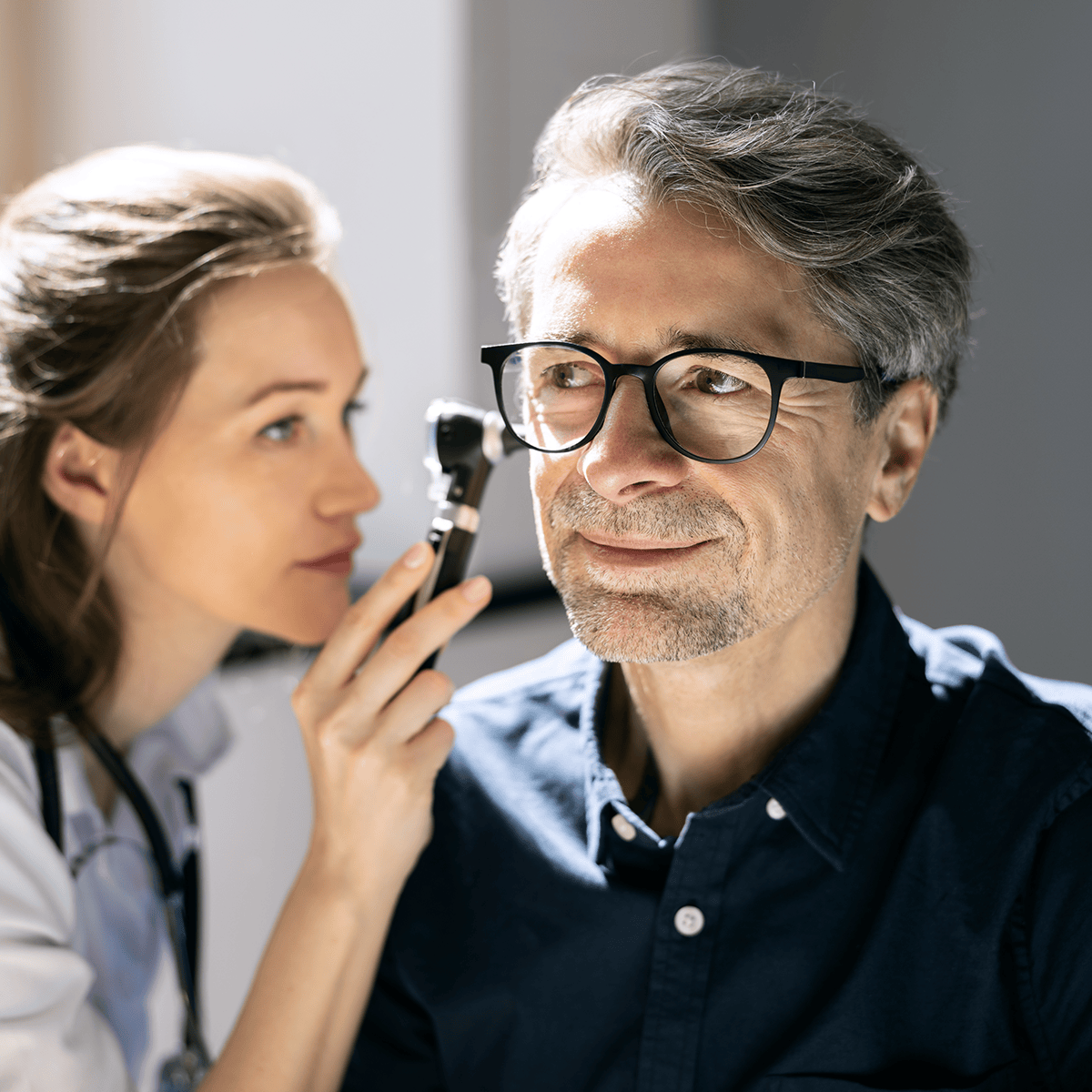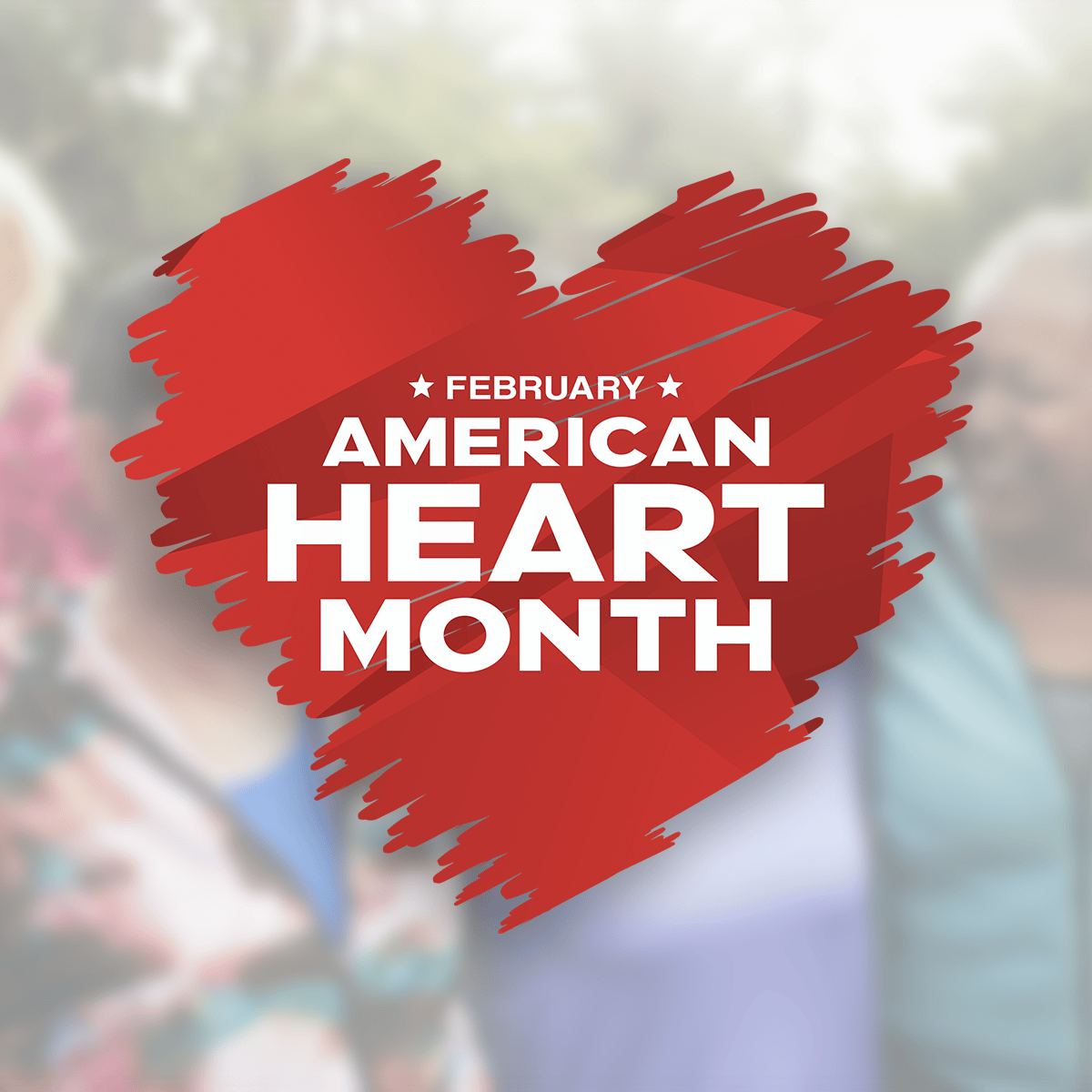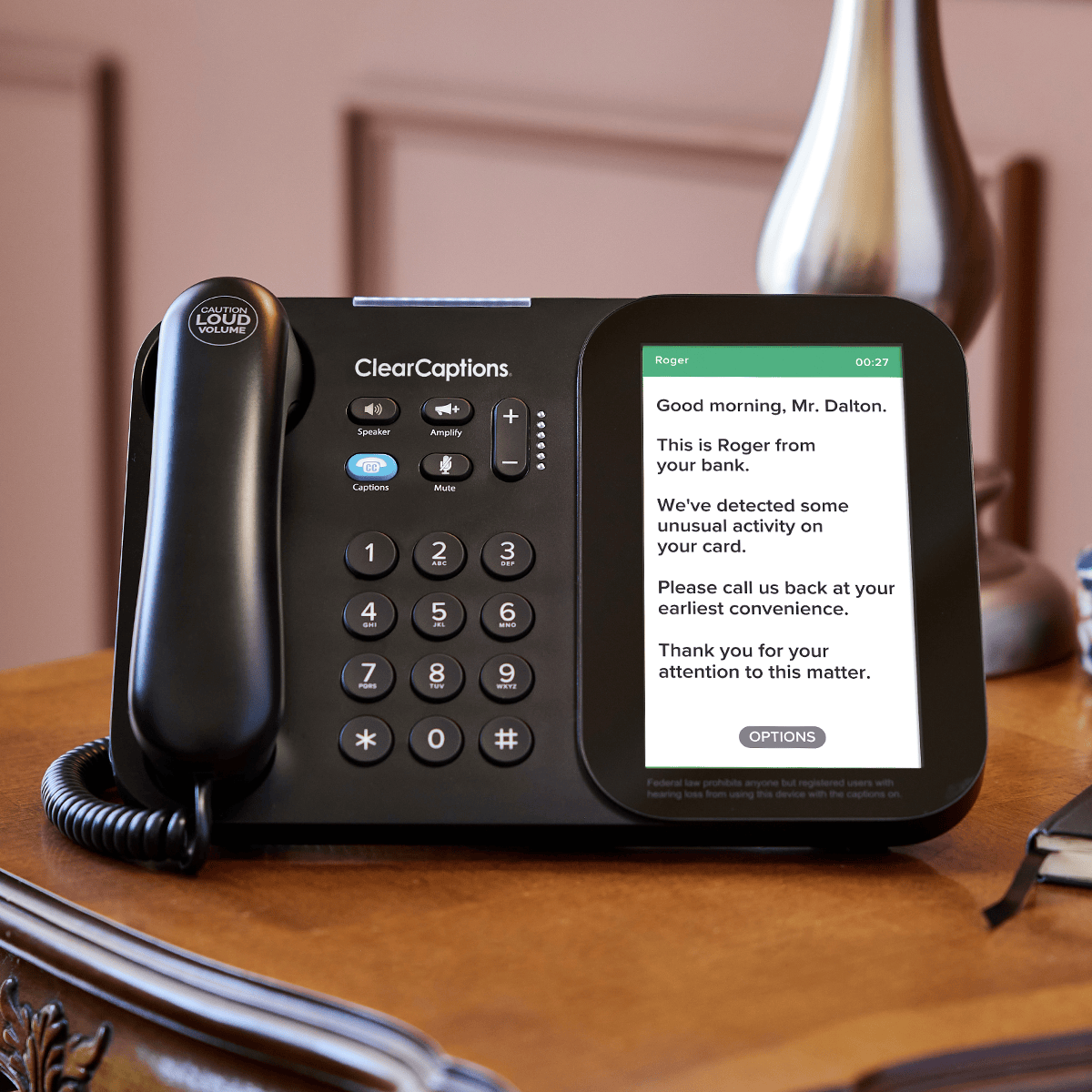Finding the Best Hearing Care: Audiologist or Hearing Aid Specialist?


Do you enjoy the sounds of birds chirping, people laughing, and singers singing? There are many lovely sounds around us that bring joy and peace to our lives.
If you notice that your hearing isn’t as clear as it used to be, or if sounds seem quiet or far away, it might be a good idea to see a hearing care professional. Read on to learn the difference between a hearing specialist and an audiologist, and when you should see each one.
What Does a Hearing Care Professional Do?
Hearing care professionals make sure your ears are healthy and functioning well. They are trained to examine your ears, look for potential problems, and conduct hearing tests to help you understand and protect your hearing health.
If their tests show that you need help, a hearing specialist can suggest tools like hearing aids, amplifiers, or captioned telephones to make communication easier for you. They will also teach you how to care for your ears and the devices that help you.
What is the Difference Between a Hearing Specialist vs. an Audiologist?
When you need help with your hearing, it’s important to know who to see. There are two main types of hearing care professionals who can assist with hearing problems: audiologists and hearing aid specialists. Both are well-trained but focus on different aspects of hearing health.
Hearing Aid Specialists
Hearing aid specialists are experts in hearing aids. They help people pick the right type of hearing aid and ensure that it works correctly. These specialists are trained to perform hearing tests and work with hearing aids, but they do not diagnose medical ear issues.
Audiologists
Audiologists are healthcare professionals who specialize in diagnosing and treating hearing problems, balance issues, and ear disorders. They complete extensive education and training in the science of hearing and balance. Audiologists do more than just help with hearing aids— they can also help people who have tinnitus (ringing in the ears).
When to See a Hearing Aid Specialist vs. an Audiologist
If you’re wondering who to see about your hearing, it depends on what kind of help you need!
Visit a hearing aid specialist if:
- You need help selecting the best hearing aid for your hearing needs.
- Your hearing aid needs adjusting, fixing, or cleaning.
- You have questions about how your hearing aid works.
Visit an audiologist if:
- You’re having trouble hearing, and you’re not sure why.
- You feel dizzy or off-balance, as this could be related to your ears.
- There are ringing sounds in your ears that you want to have checked.
- You’ve had ear problems before and need a thorough checkup.
If you’re just starting your journey to better hearing, it’s best to schedule an appointment with an audiologist. As a trained medical professional, they will conduct a comprehensive hearing health evaluation. If you need a hearing aid, they can refer you to a hearing aid specialist.
Other Types of Hearing Care Professionals
Aside from audiologists and hearing aid specialists, other experts might help you with your hearing health.
Ear, Nose, and Throat (ENT) Doctors
ENT doctors, or ear, nose, and throat specialists, help with problems related to these areas. They perform surgeries and treat serious issues such as ear infections and hearing loss that go beyond just using hearing aids.
Hearing Instrument Specialists
Hearing instrument specialists are similar to hearing aid specialists but might have more technical skills related to repairing or modifying hearing devices.
Take Care of Your Hearing Health
Hearing is an important part of life. It allows you to enjoy music, laugh with friends, and connect with others around you. Finding the right hearing care professional is essential to keep your ears healthy.
If you have any concerns about your hearing, it’s perfectly fine to ask for help and get a checkup. Visiting the right professional can help you discover the best ways to stay connected to the sounds in your life.
Remember, taking care of your ears is also taking care of your overall health. Don’t hesitate to reach out to someone who can help you hear your best!







